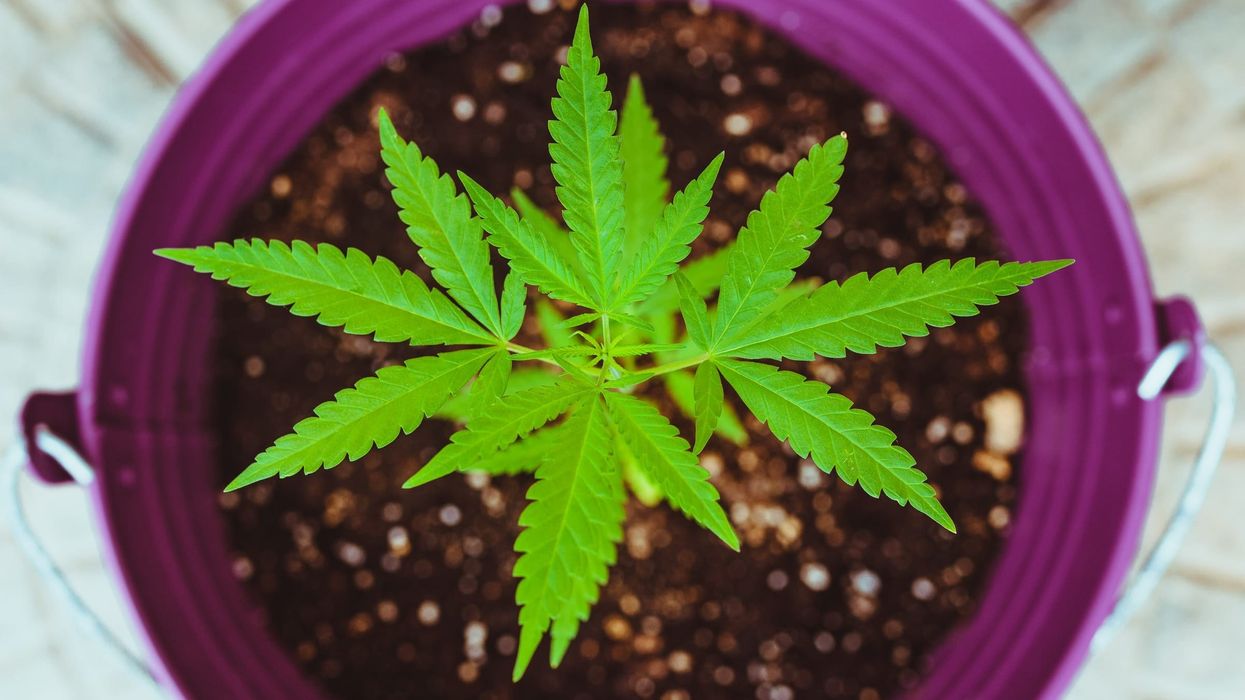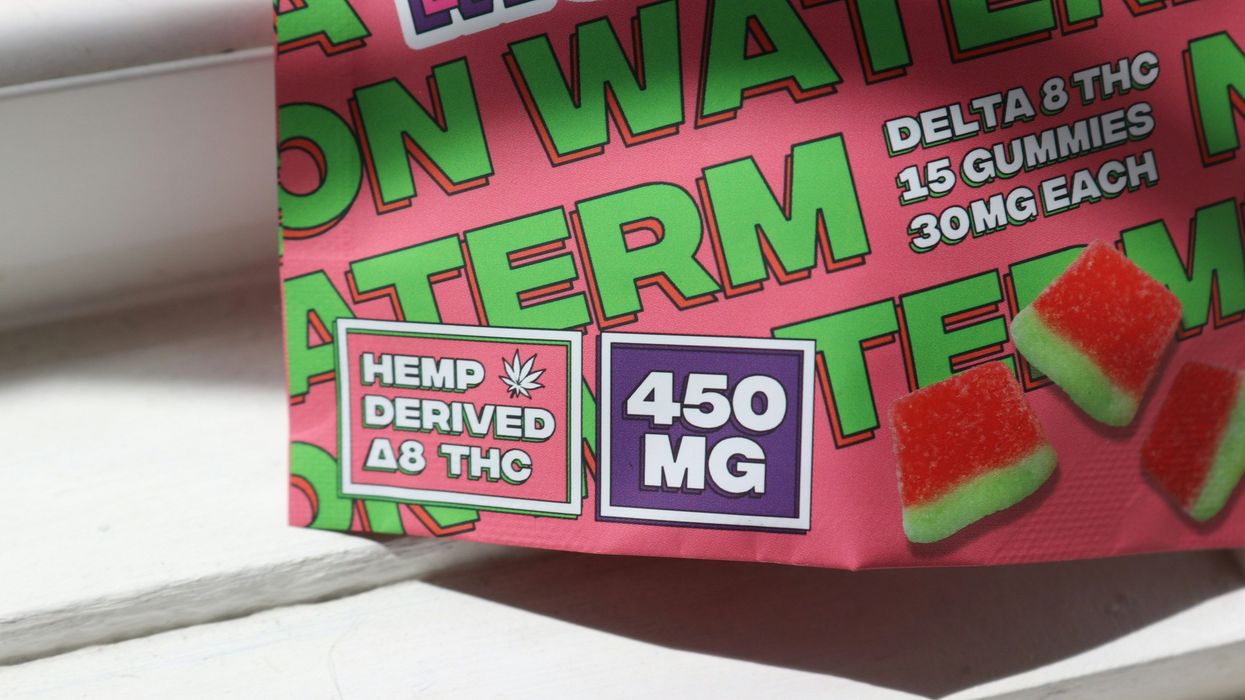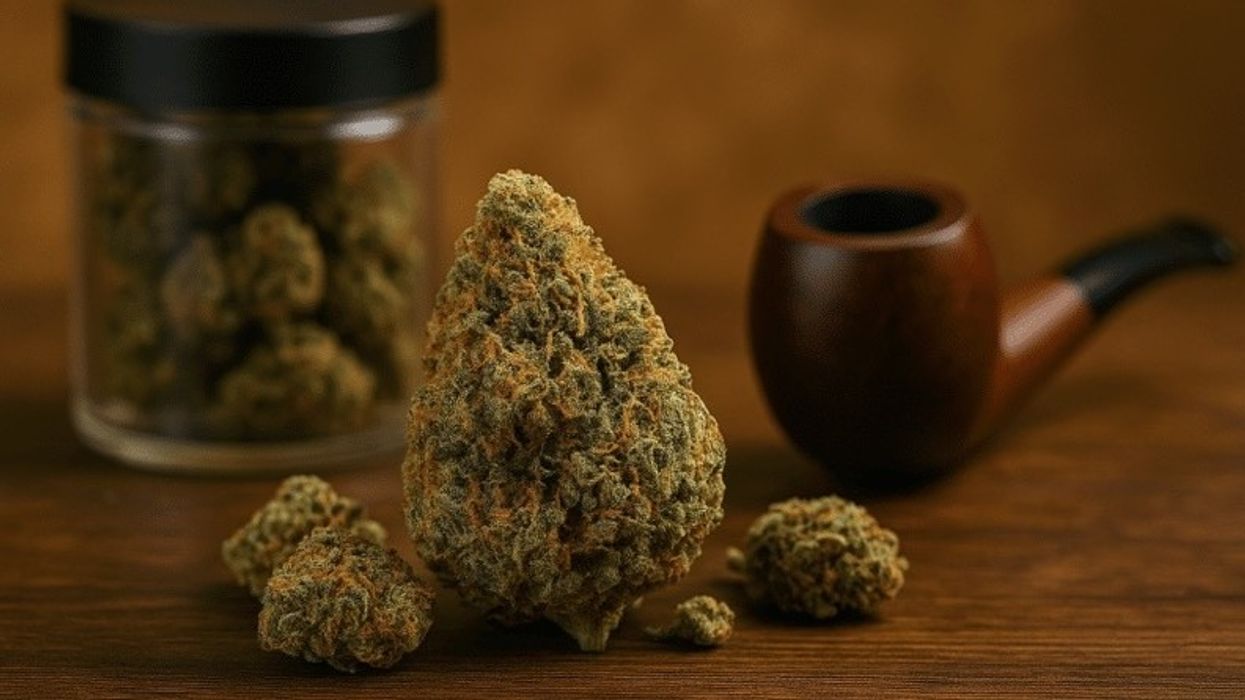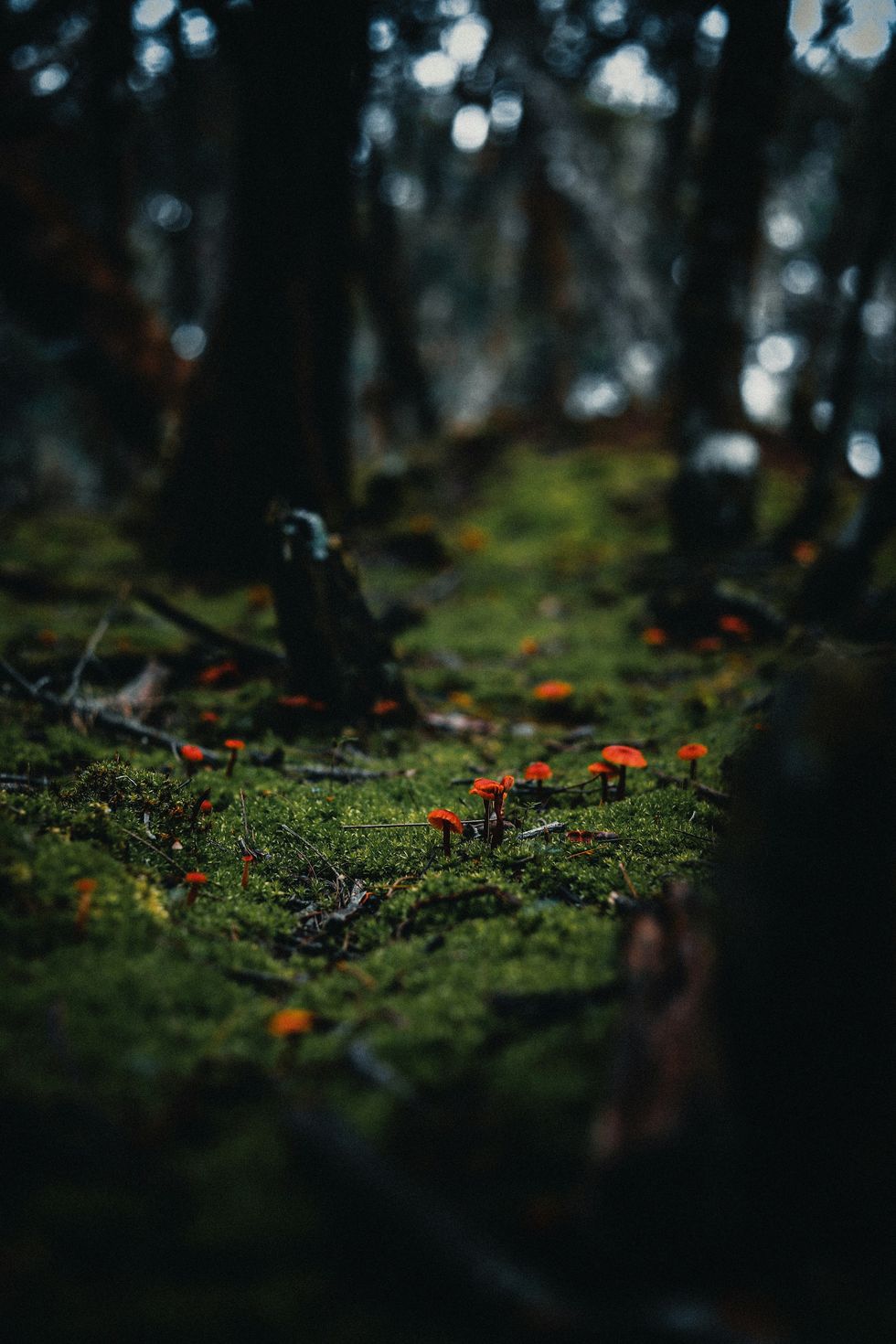The 2020 elections proved to be a big night for cannabis freedom.
A total of five states voted on cannabis measures – with clear victories in each state.
The number of adult-use cannabis states has gone from 11 to 15.
And the number of medical cannabis states went from 34 to 36.
Cannabis More Than a Single Issue
Cannabis legalization is much more than a single issue when you consider the potential health and economic benefits.
It is also a major racial and social justice issue in that prohibition has disproportionately affected people of color.
Cannabis in 2018 made up 43 percent of all drug arrests – almost 90 percent of those arrests were for possession only. Equally important, Black people were more likely to be arrested for possession in every state. In some states, they were 6 to 10 times more likely to be arrested, according to ACLU’s 2020 Research Report.
Prohibition of cannabis has been a racist effort from the start, and it has ruined lives and torn apart families for decades. Tuesday night’s results were a clear indication that Americans have had enough.
Below you can find the highlights from each state with cannabis on the ballot:
#1) Arizona
Arizona has voted in favor of adult-use cannabis via Proposition 207, The Marijuana Legalization Initiative.
Led by the Smart and Safe Arizona campaign, this was an important effort for cannabis advocates who lost a similar initiative in 2016.
The state already has medical cannabis on the books, which was passed in 2010.
The 2020 cannabis legalization initiative in Arizona includes:
- Possession and use of cannabis for adults 21 and older
- Adults permitted to grow up to six cannabis plants at home
- Taxation of cannabis sales
- Expungement of specific cannabis-related criminal records
The initiative also stipulates that the Arizona Department of Health Services (DHS) will be responsible for developing regulations for licensing of dispensaries, as well as cultivation and production facilities.
“Until now, Arizona had imposed some of the strictest prohibition laws in the country; in some instances, the possession of even small amounts of marijuana was classified as a felony,” said NORML Executive Director Erik Altieri.
“By rejecting this failed policy, no Arizonan going forward will be saddled with a criminal conviction for engaging in the personal possession or cultivation of cannabis, or face the lifelong stigma that comes with it.”
#2) Mississippi
Mississippi voters have approved medical cannabis Initiative 65.
Voters in the state had the option of two different medical cannabis programs: Initiative 65 or the much more limited Initiative 65A – or neither.
Initiative 65, the original initiative which made it to the ballot after more than 280,000 Mississippi residents signed a petition last year would allow doctors to prescribe cannabis for “debilitating medical conditions.”
The original filing includes a list of 22 conditions such as cancer, epilepsy, Parkinson’s disease, PTSD, Huntington’s disease, Crohn’s disease, sickle cell anemia, and glaucoma. The language of the initiative also allows physicians to prescribe cannabis for any other condition they deem appropriate.
The complete set of measures, which include a full slate of guidelines for setting up Mississippi’s medical cannabis program can be found here.
Initiative 65A, meanwhile, was much more limited and less specific other than it would only allow cannabis for people with terminal illnesses. This alternative initiative was passed by the Mississippi State Legislature in March 2020 and had become a point of controversy with medical cannabis advocates claiming that it was a mere effort to confuse voters and did not provide the specific framework for a functioning medical cannabis program.
“Initiative 65 puts the needs and interests of patients first. This was a grassroots effort to provide patients with access to a treatment option that patients already enjoy in 34 other states and in the District of Columbia,” said NORML Deputy Director Paul Armentano.
“By contrast, Measure 65A was a cynical effort by lawmakers to misdirect voters. The same state lawmakers that for decades had refused to ever seriously address the issue were the ones behind 65A, and voters wisely rejected their campaign.”
#3) Montana
Montanans officially approved Initiative 190 to legalize possession, sale, regulation, and cultivation of adult-use cannabis in the state.
Voters also approved Initiative 118, which stipulates that cannabis can be used by adults 21 years and older.
Some highlights from the initiative measure include:
- The right to legalize, regulate, and tax cannabis for adults
- Personal cultivation for those who want to grow at home
- Montana Department of Revenue to become the new regulatory authority
- Current state medical cannabis providers to be given first entry in the adult use market
Montana voters approved medical use back in 2004, which the state legislature spent more than a decade trying to hinder.
#4) New Jersey
New Jersey voters made their desire for legal adult-use cannabis loud and clear.
In a state that arrests approximately 100 people every day for cannabis, this is a huge win for social justice.
The referendum is non-binding, however, meaning it is now on the state legislature to move forward with new laws and regulations.
State Sen. Nick Scutari had said that legislation could potentially be introduced within a few days after the election results.
Notably, it seems the state will maintain the current ban on home cultivation – which medical cannabis advocates have been fighting for years.
#5) South Dakota
South Dakota has made history by approving both medical and adult-use cannabis at the same time.
Previously, cannabis states had always approved medical before adult-use.
Constitutional Amendment A will allow adults to:
- Possess and distribute up to one ounce of cannabis
- Grow up to three plants for personal use
According to Marijuana Moment, the law is expected to take effect on July 1, 2021 with licensing regulations to be developed by April 1, 2022.
Measure 26, meanwhile, will establish a regulated system for the sale of medical cannabis. Qualifying patients will be able to possess up to three ounces of cannabis as well as grow their own at home.
The state’s Department of Health has been charged with enacting the medical cannabis regulations no later than October 29, 2021.
“No state has ever moved from marijuana prohibition to allowing both medical use and adult-use access, quite literally, overnight,” Altieri said.
“These votes are a stunning rebuke to those elected officials that for decades have refused to move forward with substantive marijuana law reform legislation, and they are yet another indication of the near-universal popularity of these policy changes among voters in all regions of the United States.”
You don't want to miss out on GREAT cannabis content - or do you? Sign Up for The Bluntness newsletter today (it's free!).















 What will you do with that cannabis kief collection? - Make Coffee! The Bluntness
What will you do with that cannabis kief collection? - Make Coffee! The Bluntness DIY: How to Make Kief Coffee - The Bluntness
Photo by
DIY: How to Make Kief Coffee - The Bluntness
Photo by 

 Introduction to Psychoactive Mushrooms: The Aztec God Strain - The Bluntness
Photo by
Introduction to Psychoactive Mushrooms: The Aztec God Strain - The Bluntness
Photo by  Introduction to Psychoactive Mushrooms: The Aztec God Strain - The Bluntness
Photo by
Introduction to Psychoactive Mushrooms: The Aztec God Strain - The Bluntness
Photo by